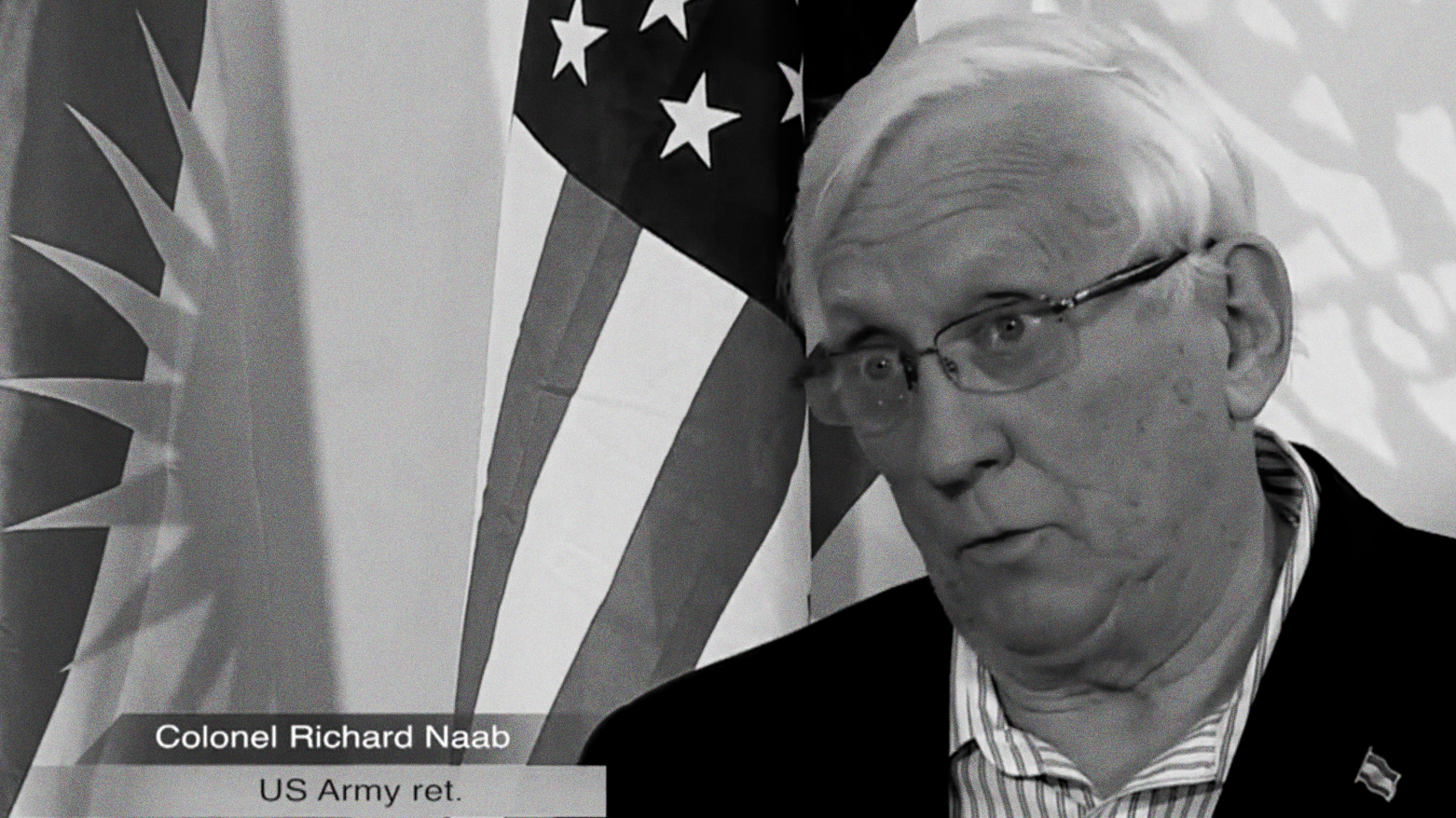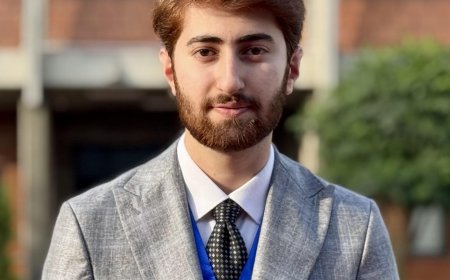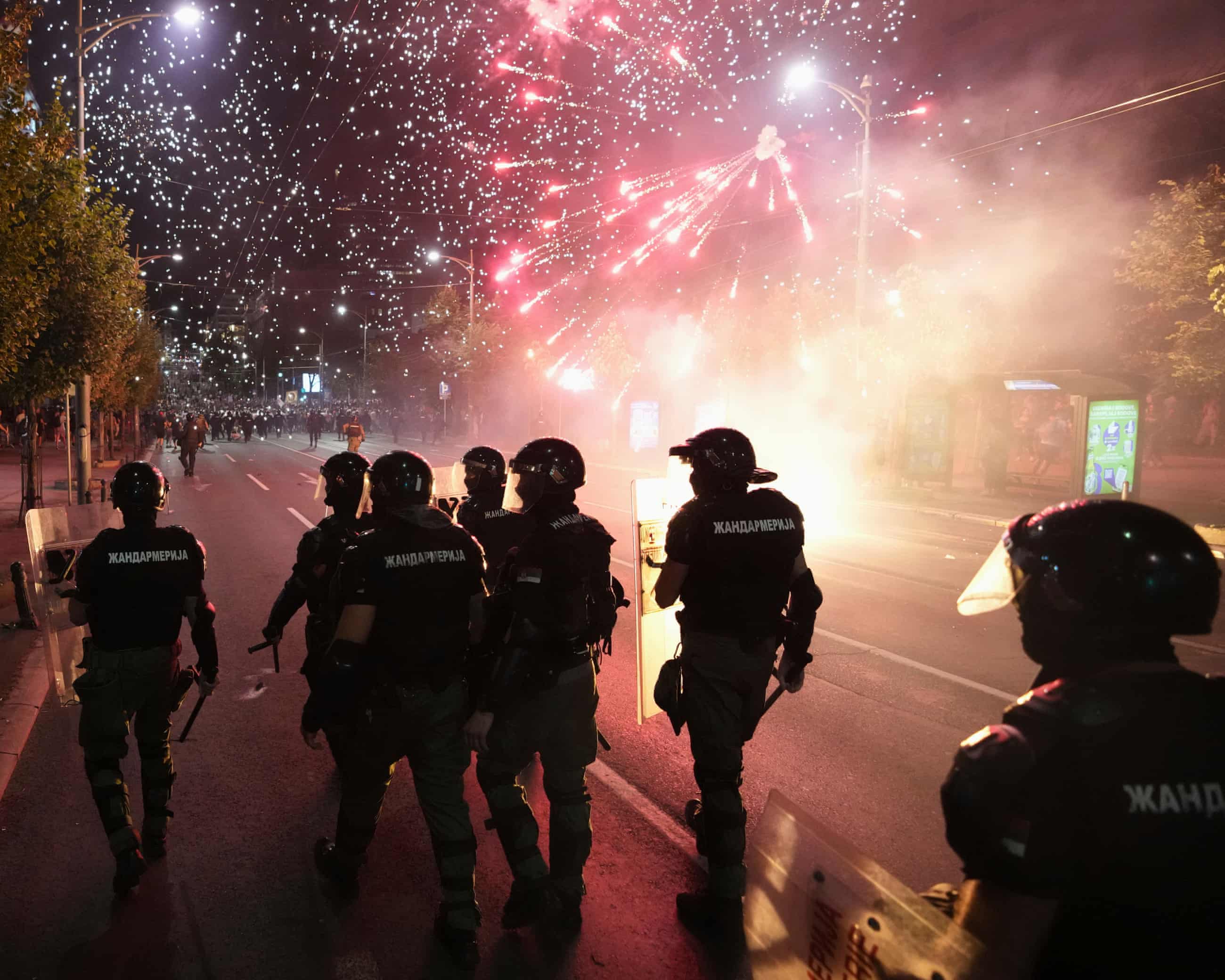Gaza food hub stops operations for second day as access routes remain ‘combat zones
Extended closure said to be for maintenance and follows deaths of at least 27 people killed by Israeli troops near distribution site

A US-backed group operating food distribution sites in Gaza has announced that its operations would be suspended for a second day on Thursday, due to “maintenance and repair work”, as the Israeli army warned that roads leading to distribution centres were considered “combat zones”.
After Israeli troops opened fire on a crowd of Palestinians, killing at least 27 and injuring hundreds, the Gaza Humanitarian Foundation (GHF) pressed Israel to improve civilian safety beyond the perimeter of its distribution sites.
GHF initially said its operations would be suspended for a single day, but after security talks with the Israeli army on Wednesday, the group posted a message on social media, saying operations would not resume on Thursday.
“Gaza Humanitarian Foundation is working to make the distribution of food boxes as safe as possible, despite the difficult circumstances. We strongly urge all those heading to our locations to follow the routes set by the IDF to ensure safe passage,” it said. It did not give any further details.
The GHF had previously said it had asked the Israeli military to “guide foot traffic in a way that minimises confusion or escalation risks” near military perimeters, develop clearer guidance for civilians and enhance training to support civilian safety. “Our top priority remains ensuring the safety and dignity of civilians receiving aid,” said a GHF spokesperson.
An Israeli military spokesperson warned civilians against moving in areas leading to GHF sites on Wednesday, deeming them “combat zones”.
The previous day, GHF announced that its distribution points would be closed on Wednesday for “update, organisation and efficiency improvement work”.
The killing of the 27 or more Palestinians was the third such shooting in three days, and Israel admitted on Tuesday for the first time that its forces shot at Palestinians. In a statement, the Israel Defense Forces (IDF) said troops fired shots near a food distribution complex after noticing “a number of suspects moving towards them”.
“The forces fired evasive shots, and after they did not move away, additional shots were fired near the individual suspects who were advancing towards the forces. The individuals were moving towards forces in a way that posed a threat to them,” the military said, without specifying who the suspects were.
A spokesperson for the GHF, which has taken over the distribution of food in Gaza and is backed by Israel, told the Associated Press that the group “was saddened to learn that a number of civilians were injured and killed after moving beyond the designated safe corridor”.
The shooting occurred at the same site where on Sunday more than 30 Palestinians were killed by Israeli fire while they were heading to the distribution hub.
The UN human rights chief, Volker Türk, said the “deadly attacks” on civilians around food distribution points was a war crime.
“Deadly attacks on distraught civilians trying to access the paltry amounts of food aid in Gaza are unconscionable,” Türk said. “Attacks directed against civilians constitute a grave breach of international law and a war crime.”
Witnesses told the Guardian that the shooting started in the city’s Flag Roundabout area, about a kilometre from the food distribution hub.
Fadi Abu Mohammad, 43, said his relative Mohammad Abu Shamala, 22, was killed near the food distribution site. “When gunfire opened on the civilians, he was struck by a bullet in the back and died instantly,” Fadi said.
“He was supposed to get married next month. Going back to the aid distribution is a huge risk and a potential death sentence, but everyone who went had no other choice. If they aren’t killed by bullets or shelling, they will die of hunger.”
Israel imposed a blockade on all supplies in March, claiming Hamas was seizing deliveries for its fighters. The group denies this and aid officials in Gaza have denied there is evidence of any widespread diversion of supplies at any stage of the conflict. In May a global hunger monitor said half a million people in the Strip faced starvation.
The GHF took over the handling of food relief despite objections from the UN and other humanitarian organisations, which criticised the new system for food distribution, saying it would not be able to meet the needs of Gaza’s 2.3 million people, and that it allowed Israel to use food as a weapon to control the population.
On Tuesday, an evangelical leader and adviser to Donald Trump on interfaith issues was appointed as the new head of the GHF. Johnnie Moore, a member of the US Commission on International Religious Freedom and founder of the boutique advisory firm Kairos Company, replaced Jake Wood, a former marine, who resigned saying he could not guarantee the GHF’s independence from Israeli interests.
Moore has been a vocal defender of the GHF and has bristled at public criticism of the rollout, telling the UN secretary general, António Guterres, on X that reports of Palestinians killed and injured while seeking food supplies in Gaza were “a lie … spread by terrorists”.
The UN security council is expected to vote on Wednesday on a demand for a ceasefire between Israel and Hamas and humanitarian access across Gaza, where malnutrition is widespread and food relief has only trickled in since Israel lifted an 11-week blockade in late May.
“It is unacceptable. Civilians are risking – and in several instances losing – their lives just trying to get food,” a UN spokesperson, Stéphane Dujarric, said on Tuesday, adding that the food distribution model backed by the US and Israel was “a recipe for disaster, which is exactly what is going on”.
At least 48 people were killed by Israeli bombardment across the Gaza Strip on Wednesday, including 14 in a single strike on a tent sheltering displaced people, the civil defence agency said.
Israel’s military campaign has killed more than 54,000 people in Gaza, mostly women and children, according to Gaza’s health ministry.
Reuters contributed to this report
[Source: The Guardian]












































